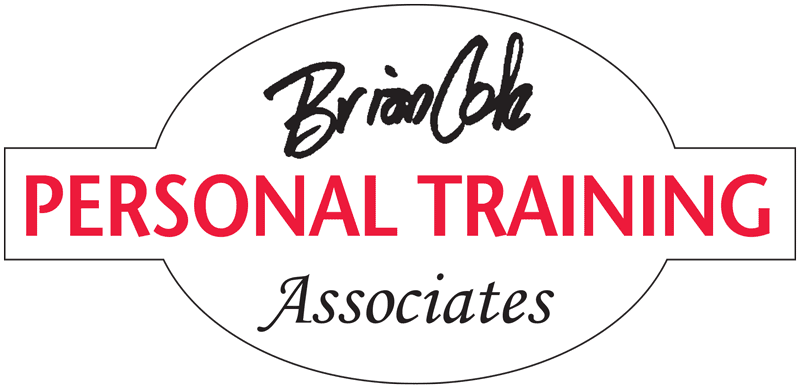While I don’t know your age, if you’ve ever struggled to remember someone’s name, a name you should know well, and are aware you’re losing your memory, read on. First, you’re not losing your memory.
An analogy: if I asked you to walk or run a short distance as fast as you can, it wouldn’t be as fast as it was at age say, 22. No argument there. Our memories function similarly. We’re not losing anything; we just process the info more slowly. As you’ve experienced, you will remember the person’s name (but OK, you won’t be a threat on Jeopardy). If you’ve never had any memory issues, be patient. They come with a life fully lived.
The good news about our brain function is our ability to make cognitive sense of facts, to form reasonable viewpoints and to make accurate judgements are all intact. Those three things are exactly what we refer to as wisdom: our experience and knowledge allow us to sift through a lot of information and focus on the most relevant. Fact is our brains can only deal with a finite number of short term things at a time but can retain a phenomenal amount long term. This is not folk-tale wisdom, this is proven through neuroscience (the study of structure and function of the human brain and nervous system) research. Wisdom operates a bit more slowly is all.
Part of the slower processing is due to age-related changes to the prefrontal cortex area of our brains. Those changes allow subtle subconscious mini-distractions to derail our focus. This area of our brains works in two distinct ways: it subconsciously processes sense data (sight, hearing, taste, touch, smell) to form insights we call intuition, which is learned from our experiences. It also actively sorts that data and prioritizes it through focusing. Fortunately we can effectively improve our capacity to focus which is the key to retaining and/or regaining our memory functions.
The following tips are from an 81-year-old clinical professor of neurology, author of 20 books on brain function, who still consistently performs at a high level on memory testing (and then a few at the end from a younger and not so qualified guy). READ FICTION because that requires use of focus and memory to retain a variety of details, characters, plots and sub-plots. Enjoy ART work by looking at something of visual beauty, focusing on it, then look away and have a friend ask about some details to test you. NAPS — which he advocates for 30–60 minutes in the early afternoon to complement sleep habits. GAMES — specifically those that require thinking and focus like 20 questions, chess, bridge, Scrabble. BE PHYSICALLY ACTIVE — movement and activity from exercising to walking to housework all show higher attention and memory scores, along with reduced risk of dementia.
My practiced and advocated suggestions:
- Don’t automatically and lazily rely on GPS to mindlessly guide us along: use our brains and memories whenever possible to go from point A to point B.
- Buy groceries without a written list. The penalty for forgetting a key ingredient can be significant enough to encourage some focus before leaving to shop.
- Spend plenty of time without our hand-held computer which has answers to every question our curious minds can muster, e.g., our oh-so-smart phones. Like much of the technology we’ve adapted to, it’s of great advantage but comes at a price. In this example, it’s a guaranteed source of distraction from any focus we may have.
Please Remember This: Like so many challenges this short, short life gives us, we live in a place and time which offers more advantages to deal with everything than any generation in all of human existence.

